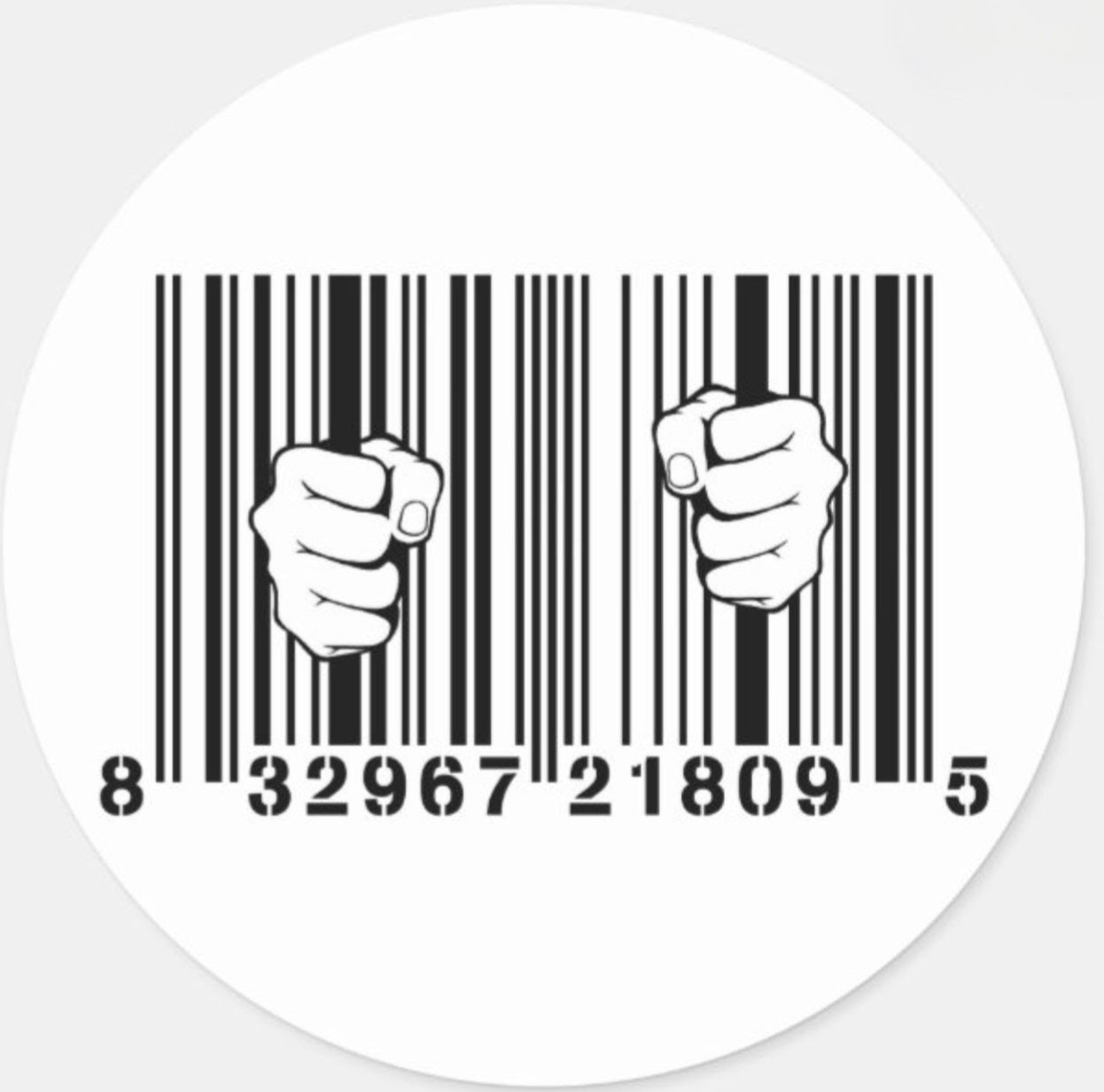- cross-posted to:
- fuckcars@lemmy.world
- cross-posted to:
- fuckcars@lemmy.world
yeah we almost got a high speed rail system but some dipshit from south africa decided to build a shitty tunnel instead
The more I read about Boring Company the more annoyed I am.
deleted by creator
Lets call it state capitalist, as thats the proper term
It’s not even that, given how there’s a decent chunk of their economy owned by private individuals
As I understand it, the majority shareholder is the cccp in those little capitalist bubbles?
“CCCP” is the “USSR,” so no. I think you mean “CCP,” which stands for “Chinese Communist Party,” although the preferred term is “CPC,” or “Communist Party of China,” as is the international standard designation for Communist Parties.
Either way, the CPC does have control over the economy, including the private sector, through mechanisms like “the golden share.” Even further, key industries like steel, energy, etc are publicly owned and controlled, hence the companies that do exist in the private sector must still rely on the public sector and play by the rules or else they can’t actually do business.
?
carbonyl cyanide m-chlorophenylhydrazone
Ah, fair enough, there is that too.
It’s not a stretch, it’s outright false to call it communism or socialism, systems which necessitate the abolishment of capitalist mode of production (commodity production, private ownership, markets) and money. China, meanwhile, literally has billionaires, still produces things under capitalist mode of production and the only oddity it has compared to other Capitalist countries is partially nationalized economy (which Mussolini has also done, it’s not socialism by itself).
It’s just a social democracy.
Socialism does not necessitate the abolishment of commodity production in totality to be considered Socialist, just that the society we are analyzing is working towards abolishing it in the future, which is further cemented by running an economy where the overwhelming majority of large firms and key industries are in the public sector and thus have leverage over the rest of the economy.
This is because no system is static. Whoever controls the Means of Production controls their development, and in which direction. As production improves, centralization increases, and state management becomes more feasible and more fundamentally necessary. This propels further socialization of the economy, as long as there is a dictatorship of the proletariat, the development of the productive forces drives the development to higher and more developed stages of Socialism, eventually giving way to the establishment of Communism.
Further, to compare China to fascist Mussolini is just absurd. Mussolini had minor nationalizations, in order to support the Capitalist state. In China, it’s fundamentally the opposite. Engels went over the difference in Socialism: Utopian and Scientific:
But the modern state, too, is only the organization with which bourgeois society provides itself in order to maintain the general external conditions of the capitalist mode of production against encroachments either by the workers or by individual capitalists. The modern state, whatever its form, is an essentially capitalist machine, the state of the capitalists, the ideal aggregate capitalist. The more productive forces it takes over into its possession, the more it becomes a real aggregate capitalist, the more citizens it exploits. The workers remain wage-workers, proletarians. The capitalist relationship is not abolished, rather it is pushed to the limit. But at this limit it changes into its opposite. State ownership of the productive forces is not the solution of the conflict, but it contains within itself the formal means, the handle to the solution.
Engels is specifically speaking about economies where the state is thoroughly bourgeois, and thus the character of the state ownership is to support Capitalism. This is not the case for China, however, which has gradually been seeing large gains for the working class and the Capitalists within China thoroughly submissive to the proletarian state. China has already had its revolution, it did not abandon it, neither did Cuba, Vietnam, etc. This is supported by what Engels says later:
The first act in which the state really comes forward as the representative of the whole of society – the taking possession of the means of production in the name of society – is at the same time its last independent act as a state. The interference of the state power in social relations becomes superfluous in one sphere after another, and then dies away of itself. The government of persons is replaced by the administration of things and the direction of the processes of production. The state is not “abolished”, it withers away. It is by this that one must evaluate the phrase “a free people’s state” with respect both to its temporary agitational justification and to its ultimate scientific inadequacy, and it is by this that we must also evaluate the demand of the so-called anarchists that the state should be abolished overnight.
Production is gradually transformed into public property as it develops and is more capable of being publicly owned and planned.
But you’ve already been explained this before, repeatedly. Your stance is that there can be no such thing as Socialism until commodity production, markets, and money all cease to exist, when in all likelihood vestigial elements of each may continue to exist even in the earliest stages of Communism, if we agree with Marx. Your stance is the “One Drop Rule,” which eliminates the entirety of Dialectics and treats Socialism as a unique mode of production defined by purity, while Capitalism, Feudalism, and so forth were all defined by which element was the principle aspect, as no system has ever truly been “pure.” This is plainly a wrong stance to take.
Also, Japan is very capitalistic and they have amazing trains.
look I don’t care who’s communist and who’s capitalist, we need them trains
The term state capitalism cover a lot of the basics of the Chinese system.
I answered over here, China is a Socialist economy trying to build up to Communism. Billionaires wouldn’t really exist in Communism, but China hasn’t managed to abolish the commodity form in general yet, it takes time and most importantly development of the productive forces.
China is as communist as I am a french male model. That said, it is indeed a mistake to allow the “free market” to determine the nation’s critical infrastructure. American rail is an absolute joke.
Capitalism (good) Vs Capitalism (bad)
FTFY
Capitalism with literal slave labor vs capitalism that outsources the literal slave labor or calls them prisoners with jobs
Communism is when trains run on time
Likening a Socialist country to a fascist party just because both have trains is the epitome of western anti-communist “Marxism.” There’s no materialism here, and you’re upvoted because the only Marxism approved within liberal spaces is the anti-communist kind. Michael Parenti, in Blackshirts and Reds, quite clearly sums up the role of western “Left” anticommunists:
In the United States, for over a hundred years, the ruling interests tirelessly propagated anticommunism among the populace, until it became more like a religious orthodoxy than a political analysis. During the cold war, the anticommunist ideological framework could transform any data about existing communist societies into hostile evidence. If the Soviets refused to negotiate a point, they were intransigent and belligerent; if they appeared willing to make concessions, this was but a skillful ploy to put us off our guard. By opposing arms limitations, they would have demonstrated their aggressive intent; but when in fact they supported most armament treaties, it was because they were mendacious and manipulative. If the churches in the USSR were empty, this demonstrated that religion was suppressed; but if the churches were full, this meant the people were rejecting the regime’s atheistic ideology. If the workers went on strike (as happened on infrequent occasions), this was evidence of their alienation from the collectivist system; if they didn’t go on strike, this was because they were intimidated and lacked freedom. A scarcity of consumer goods demonstrated the failure of the economic system; an improvement in consumer supplies meant only that the leaders were attempting to placate a restive population and so maintain a firmer hold over them.
If communists in the United States played an important role struggling for the rights of workers, the poor, African-Americans, women, and others, this was only their guileful way of gathering support among disfranchised groups and gaining power for themselves. How one gained power by fighting for the rights of powerless groups was never explained. What we are dealing with is a nonfalsifiable orthodoxy, so assiduously marketed by the ruling interests that it affected people across the entire political spectrum.
Relax, it’s just a joke given how the image essentially is “communist is when many trains, capitalism is when one bad train”. Making a reference to Mussolini, one of the most famous liberals of all time is always gonna be funny
That’s what you had to say the other time you tried to compare fascist Italy with Socialist China, to the point of calling it “identical to how fascist Italy worked.” This is of course wrong, Italy was driven by Private Ownership, the overwhelming majority of large firms and key industries were controlled by the bourgeoisie, and Mussolini murdered countless workers and crushed worker organizations. The opposite is true of the PRC, which is an economy dominated by Public Ownership.
Your comment is essentially “China has good railways? Mussolini cared about railways, and he was a fascist! Checkmate, commies!” It’s extremely surface level to the point that any humor it may have had is thoroughly undermined.
My god, stop putting words in my mouth that I’m some kind of anti-communist as a whole due to not recognizing China as being Socialist. Sorry for viewing things through historical materialism and it not passing the sniff test I guess.
That comment was referring to the private model which, you’re right, is not the exact same in execution but it’s remarkably similar in principle given both systems’ state dominance in key economic areas with the co-existence of private ownership.
Fascist Italy did hold a significant portion of state ownership in heavy industry/shipbuilding/banking/infrastructure by 1930, so it wasn’t entirely driven by private ownership. China economy isn’t necessarily public either (at least depending on who you ask) given how it’s state owned with state acting as the surplus-extracting capitalist and having the final say rather than collectivized and owned by the workers.
muricans calling everything communism that isn’t gop cock sucking is getting old
Attributing the achievements of Socialist economies governed by Communist Parties to the ideology driving the decision-making of the government is very different from a random republican calling the Post Office “Communist.”
Believing that capitalist autocracy is socialist or communist, however, is absolutely the same as republicans calling everything communist.
Sure, republicans tend to think the Russian Federation is somehow still Communist despite the fall of the USSR in the 90s. However, China is absolutely Socialist, which is a fact recognized by every major Marxist-Leninist organization worldwide, so that doesn’t have any relevance here. Their economy is Socialist, the overwhelming majority of large firms and key industries are publicly owned, and they have a form of democracy that results on over 90% of the population supporting their government.









